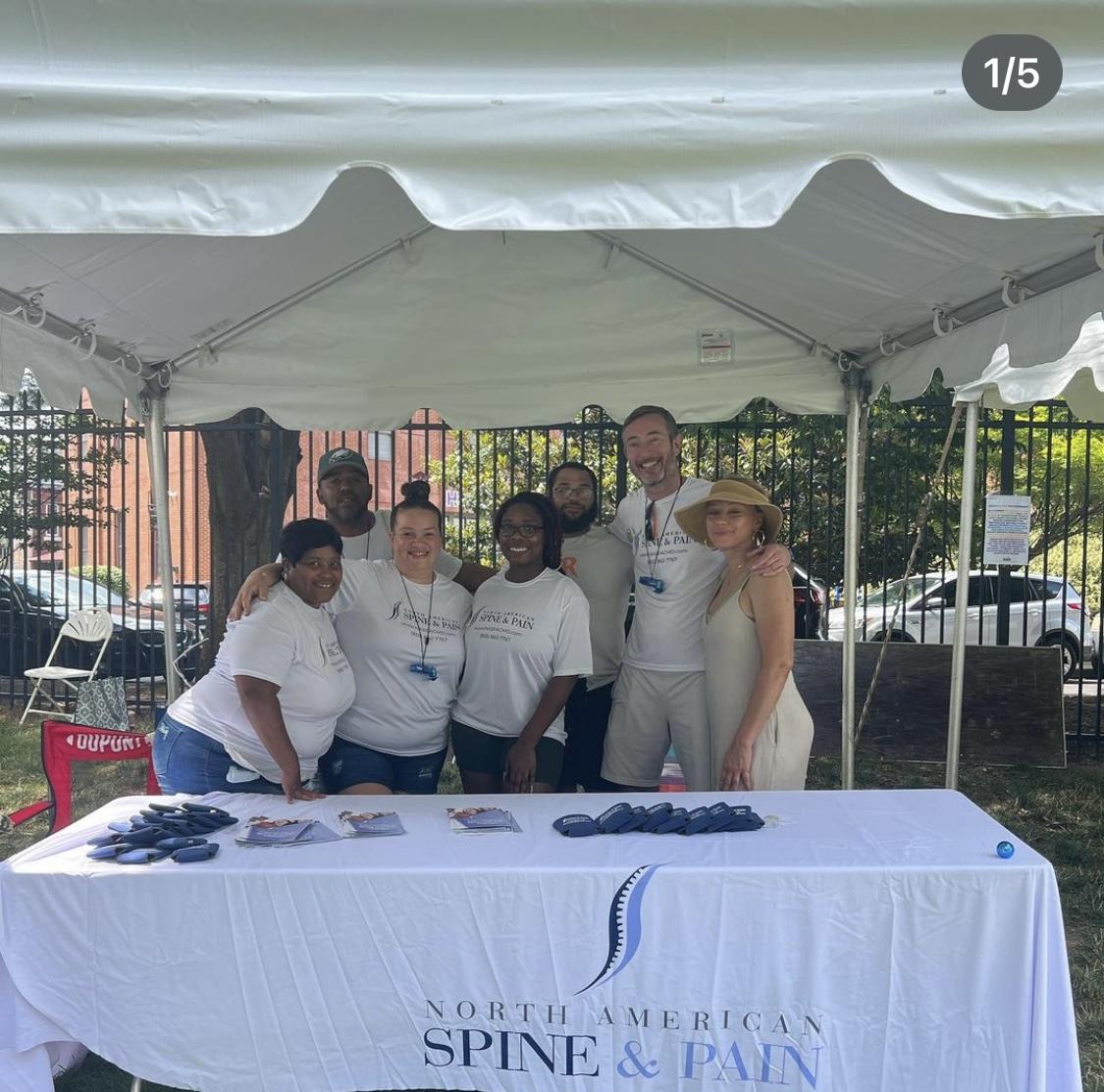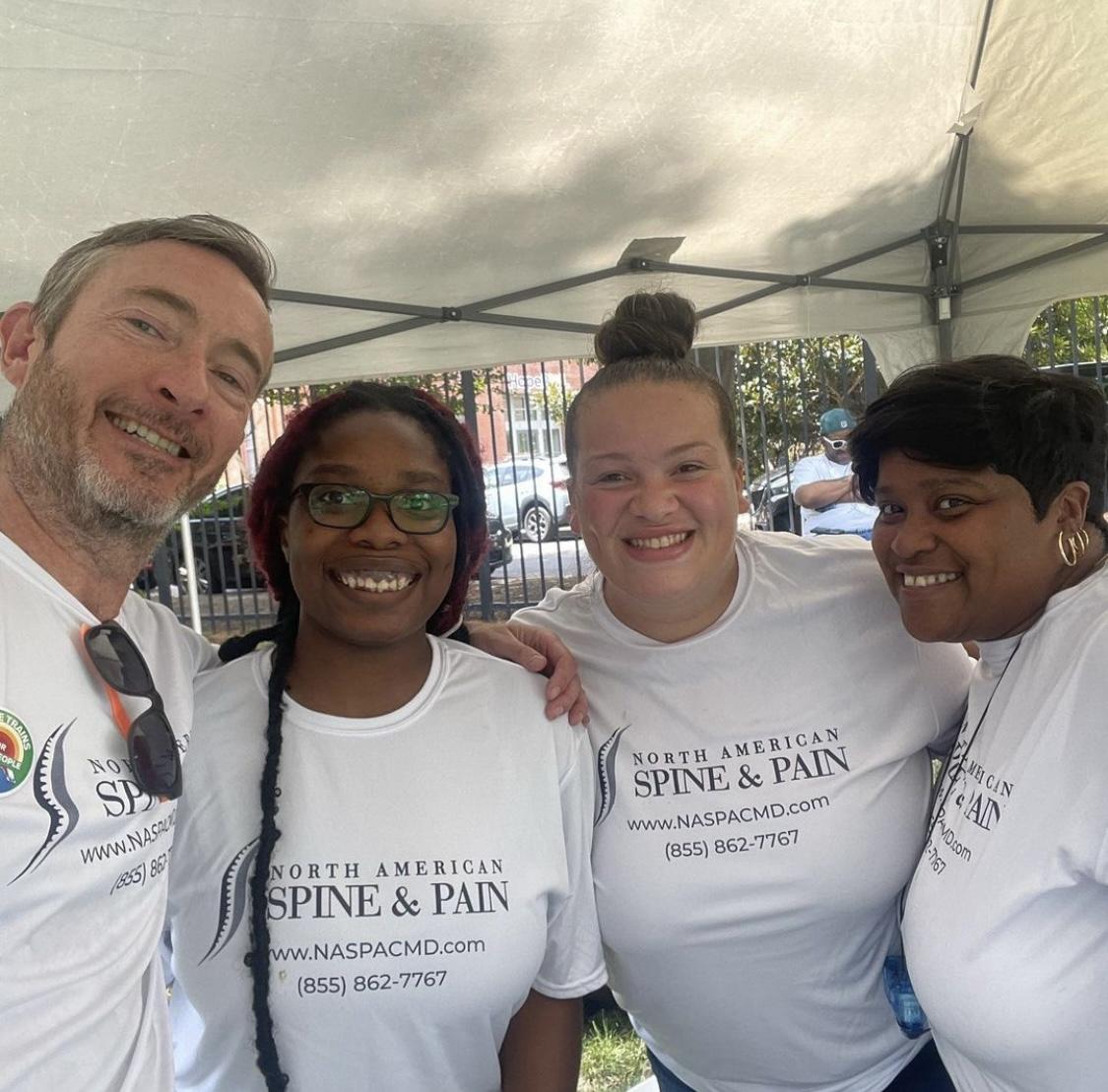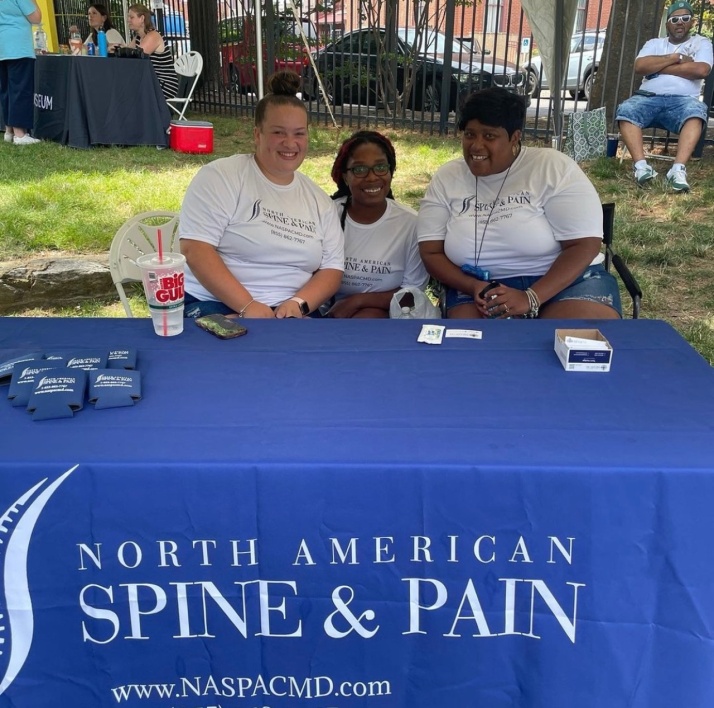
In healthcare, multicultural teams necessitate individuals to have cultural competency and sensitivity. Comprehension of different cultures helps improve patient care. In this article, Kieran Slevin analyzes the value of racial competency and displays its effect.
In today’s assorted medical management settings, being equipped with racial competency and sensitivity is essential for professionals. Multicultural teams often need help due to distinctions in values, beliefs, and communication styles. Recognizing the various racial backgrounds of patients can help build an atmosphere that encourages respect and practical concern.
Cultural competency is more than mere knowledge; it requires actively pursuing to understand different customs, traditions, and perspectives without judgment or prejudice. By doing this, healthcare providers can construct trust with their patients and tailor treatment plans accordingly. This method not only results in better health outcomes but also adds to building stronger relationships within the team.
Understanding Cultural Competence
Cultural competence is a must-have skill for leading multicultural teams in medical management. It’s about understanding and respecting different racial backgrounds and beliefs. Plus, communicating and collaborating with team members in a sensitive, empathetic way and being willing to learn about various cultures.
More than just acknowledging diversity is needed to lead diverse medical management groups. Leaders must foster an inclusive environment where everyone feels valued and respected. Open communication, diverse perspectives, and collaboration are essential.
Cultural differences can influence how individuals view health and wellness. Certain cultures may have unique ideas about illness causes and treatment methods. Awareness of these differences lets healthcare heads provide more personalized care that fits patients’ values and preferences.
Cultural competence involves self-reflection and education. Healthcare leaders should increase their knowledge and understanding of various cultures with training programs, workshops, and resources. It helps them handle any challenges caused by racial differences and deliver high-quality concerns to diverse patients.
Successful racial competence is more than just knowledge; it requires engaging with diversity on a deeper level and valuing each individual’s unique experiences and perspectives. Only by embracing diversity can medical management organizations give equitable concern to all patients.

Importance of Cultural Competence
Multicultural teams in healthcare need racial competence and sensitivity. Respect for diversity, good communication, and understanding different perspectives are essential for success. By embracing racial differences and inclusivity, community concern providers can provide better patient concern and improve results.
Cultural competence starts with self-reflection and awareness of one’s biases and assumptions. Remember that everybody has beliefs, values, and customs determined by their ethnic background. This understanding is the basis for open dialogue and collaboration in diverse teams.
Medical management organizations should invest in ongoing training and education on ethnic competency for an inclusive setting. This includes learning about different cultures’ healthcare beliefs, practices, and strategies for effective cross-ethnic communication. Organizations can raise patient satisfaction and reduce misunderstandings by giving group members these skills.
Diversity in leadership roles is another crucial aspect. When multicultural teams witness individuals from diverse backgrounds in authority, it boosts a sense of belonging and encourages the expression of different viewpoints. Adding a broader range of perspectives enhances group dynamics and decision-making processes.

Challenges in Leading Multicultural Teams
Leading multicultural teams in community concerns can be difficult. One major issue is communication with team members speaking different languages or varying language fluency. This can cause misunderstandings and affect collaboration, making optimal concern hard to achieve.
Cultural differences within the group can also be a challenge. Each culture has its values, norms, and beliefs. This can lead to disagreements or difficulties understanding each other’s perspectives and reaching common ground.
Managing diverse work styles and approaches to problem-solving can be another hurdle. Different cultures have different work ethics, hierarchy structures, and decision-making processes. This can cause clashes or delays when trying to agree or make decisions.
To tackle these challenges, the head should become culturally competent and sensitive. Learning about the cultures in the team and respecting them is essential. Creating an inclusive environment and ensuring everyone feels heard and valued will improve communication and collaboration.
Team ethnic awareness training is also crucial. It should help group members understand each other and develop ethnic intelligence to navigate ethnic differences.
Open dialogue within the group is beneficial. Discussing racial practices, norms, and values allows everyone to voice their perspectives without fear of judgment.
Leaders should also establish clear expectations for teamwork and behavior aligned with the organization’s values. It creates a base for good group dynamics.
Strategies for Culturally Competent Leadership
Culturally competent leadership in healthcare is critical for successfully managing multicultural teams. Leaders can build an all-inclusive atmosphere that enhances patient care by understanding and respecting diverse cultures.
Improving culturally competent leadership means prioritizing ethnic awareness training. It will help individuals comprehend different ethnic norms, values, and beliefs. Through promoting awareness, the head can guarantee team members are respectful and attentive to the needs of patients from diverse backgrounds.
In addition, leaders should promote open communication among the team. This allows individuals to share their views and experiences, thus improving understanding and cooperation. An inclusive attitude leads to increased empathy and better patient outcomes.
Leaders should also value each team member’s opinion and consider their contributions when making decisions. It prevents unconscious bias and helps leaders make decisions that benefit all patients.
Creating a safe space for team members to discuss ethnic insensitivity or bias concerns is essential. Regular check-ins or anonymous feedback systems can help quickly identify and address issues.
By utilizing these strategies, community leaders can create a culturally competent environment that nurtures inclusivity and empathy and improves patient care.